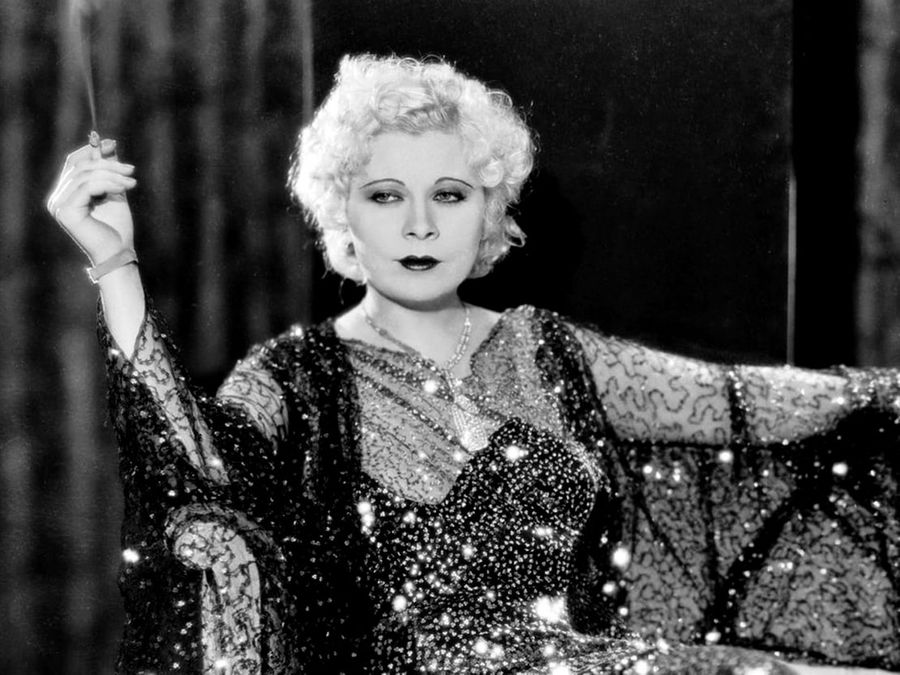
April 1767 (255 years ago)
The Prince of Parthia premiered on April 24 at the Southwark Theatre in Philadelphia. It is often cited as the first play by an American-born playwright to be performed by a professional company. Sadly, the young playwright, Thomas Godfrey Jr., died from a fever four years before its opening. Godfrey’s friend, Nathaniel Evans, included the play in a posthumous collection of Godfrey’s poems. Indeed, the five-act blank verse tragedy seems heavily influenced by Nicolas Rowe’s play Tamerlane. Since we know Tamerlane was performed in Philadelphia in 1754 by the Hallam Company, scholars suspect that 17-year-old Godfrey was in the audience. It is appropriate, then, that Godfrey’s play was premiered by the American Company (the renamed Hallam Company, run by David Douglass) and starred Lewis Hallam Jr.
April 1787 (235 years ago)
Americans had to wait 20 more years after The Prince of Parthia to see the first comedy written by an American-born playwright and performed by a professional company. The title page, as seen in a facsimile of George Washington’s copy of the published play, announces Royall Tyler’s The Contrast as “A Comedy in Five Acts: Written by a Citizen of the United States.” Tyler hailed from Boston. During his first visit to New York as an aide to Major-General Benjamin Lincoln during Shay’s Rebellion in 1786, he saw a production of Sheridan’s The School for Scandal. Using that classic Restoration comedy as his template, Tyler dashed off a first draft of The Contrast in three weeks. The first production opened on April 16 in New York City at the John Street Theatre and was performed by members of the American Company. A leading comic actor of the time, Thomas Wignell, won rave reviews as the character Jonathan. “Brother Jonathan” was a stock fictional character in print at the time, depicted as a plain-spoken New Englander. Tyler was the first to establish this typical New England Yankee character onstage. Tyler’s first play was a runaway hit, and he went on to write other plays, collaborating often with friend Joseph Dennie.

April 1927 (95 years ago)
On April 19, the playwright-actor Mae West was charged with obscenity and behavior designed to corrupt the “morals of youth” due to her performance in the play Sex. She was sentenced to 10 days in a workhouse and had to pay a $500 fine. In Sex, set in Montreal, West played a sex worker in Montreal. The play had more than 370 performances on Broadway and was a sensational and extremely popular piece. It dealt with themes of misogyny, same-sex attraction, and feminism. When first produced, it had been approved by the city’s play jury. But as the Roaring Twenties waned, more conservative values came to the fore and the show was halted February 1927. Only a day after Mae West’s indictment, the New York State Legislature passed the Wales Padlock Law. This allowed authorities to shut down any theatre that put “sex degeneracy or sex perversion” onstage. This stricture would constrain theatre depicting LGBTQ characters for four decades, until 1967, when the law was repealed. For her part, Mae West gained so much notoriety from the case against Sex that she was able turn it into her big break into a Hollywood career.

April 1947 (75 years ago)
The first Tony Awards ceremony was held this month at the Waldorf Astoria Hotel, costing only seven dollars and broadcast on the radio. The Antoinette “Tony” Perry Awards for Excellence in Broadway Theatre are named for an actress, producer and director who was co-founder and secretary of the American Theater Wing, which sponsored the awards along with the Broadway League. Before the Tonys were first broadcast live on TV until 1956, Broadway companies and fans relished the radio broadcast and live awards show. Directors, actors, scenic designers, dancers, and authors were all represented at the first Tonys, including Patricia Neal, José Ferrer, Ingrid Bergman, and David Wayne. The Tonys’ 2021 broadcast had nearly 3 million viewers.
April 1964
The 400th anniversary of the birth of William Shakespeare is celebrated across the country. First Lady Jacqueline Kennedy, a Bardophile who invited Shakespearean actors to the White House to perform and recite speeches from her favorite plays, had earlier formed the 1964 American Shakespeare Committee and served as its president. Mrs. Kennedy had planned to attend the festivities in autumn 1964 at the Shakespeare Birthplace Trust in Stratford-upon-Avon, England, but after the assassination of President Kennedy in November 1963, she decided to make no public appearances for a year. In her place, the chairman of the American Shakespeare Committee, Eugene Black, traveled to England for the celebration. Mr. Black is perhaps better known as the president of the World Bank from 1949 to 1963.

April 1997 (25 years ago)
The Northern Stage moved into the historic Briggs Opera House in White River Junction, Vt. Founded by Brooke Ciardelli as a nonprofit regional theatre in Burlington, Vt., in 1994, the company is a member of the BOLD Theater Women’s Leadership Circle. Brooke Ciardelli directed over 60 productions for the company, which has been recognized with five Moss Hart Awards for Excellence in Theater from the New England Conference. Northern Stage is currently led by Carol Dunne, who oversaw the company’s move to a new state-of-the art venue, the Barrette Center for the Arts, also in White River Junction.


